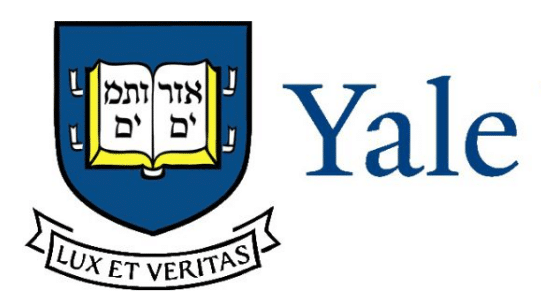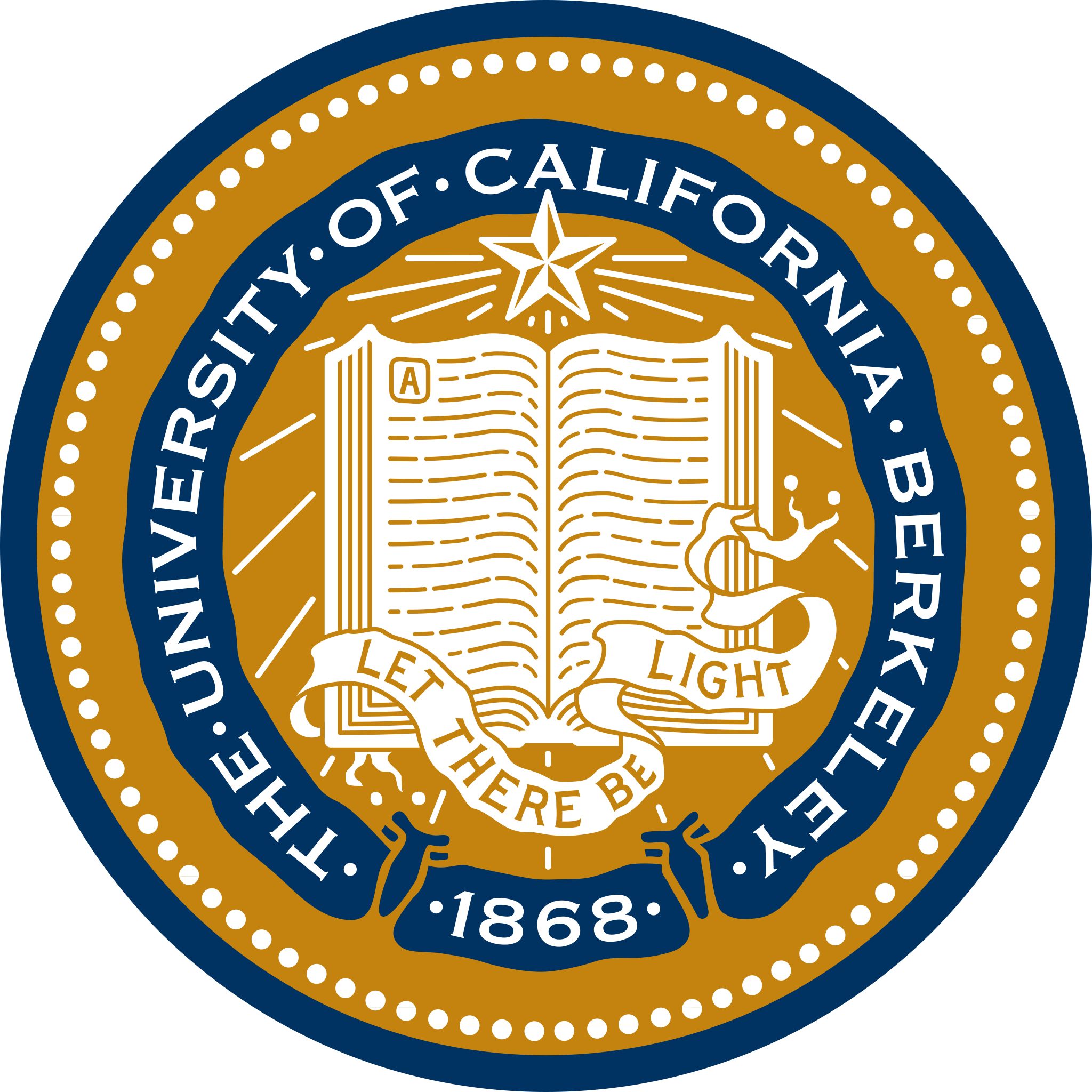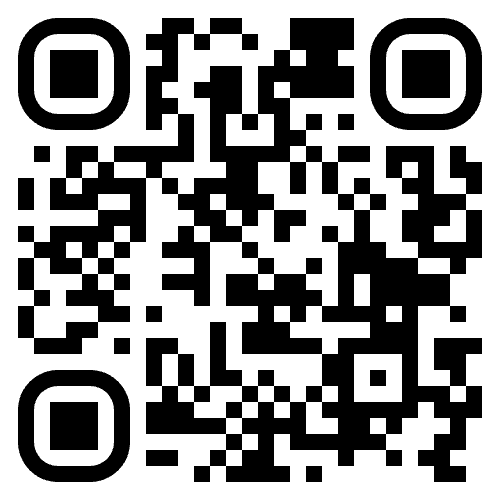#1 Quizlet Alternative with AI Study Tools
Record your next lecture and instantly get detailed notes, flashcards, quizzes, and games
Kai can quiz you out loud or make you a podcast on anything you upload.
Create, share, and study for completely free with unlimited learn mode


Uploads long readings or slides to turn them into study guides or interactive active recall study methods.
Take a photo of any problem and get step-by-step solutions, practice, and video explanations
Turn your messy notes into organized study guides, flashcards & quizzes.
AI Lecture Notetaker
Record your next lecture and instantly get detailed notes, flashcards, quizzes, and games


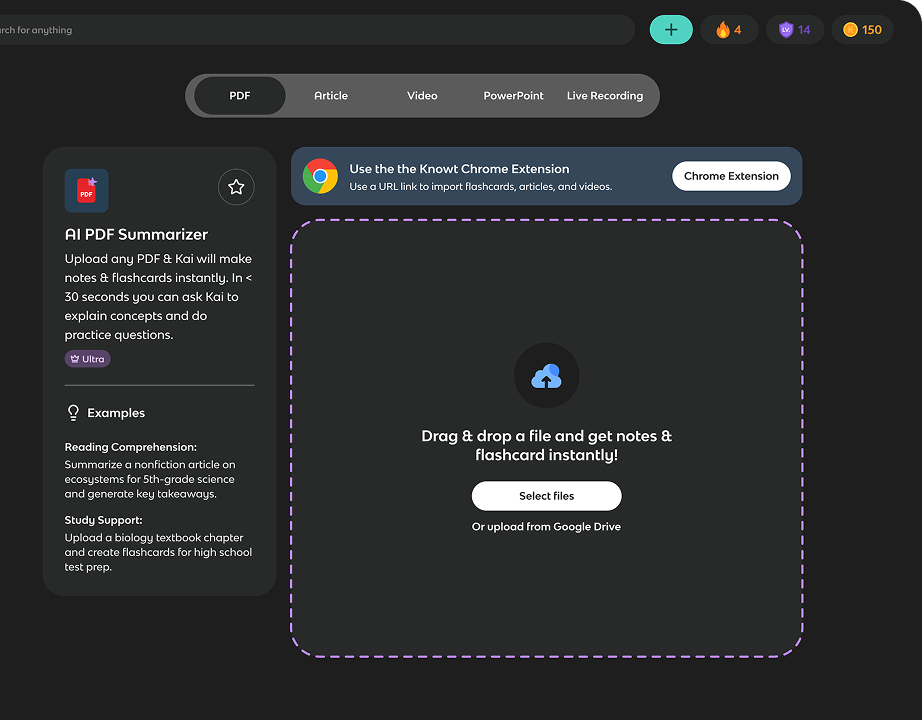
Best All-In-One AI Study Tool
Picking the perfect AI study tool can be tough, so we built everything in one spot!
Yes you've seen us everywhere
On TikTok, Instagram, and all your campuses
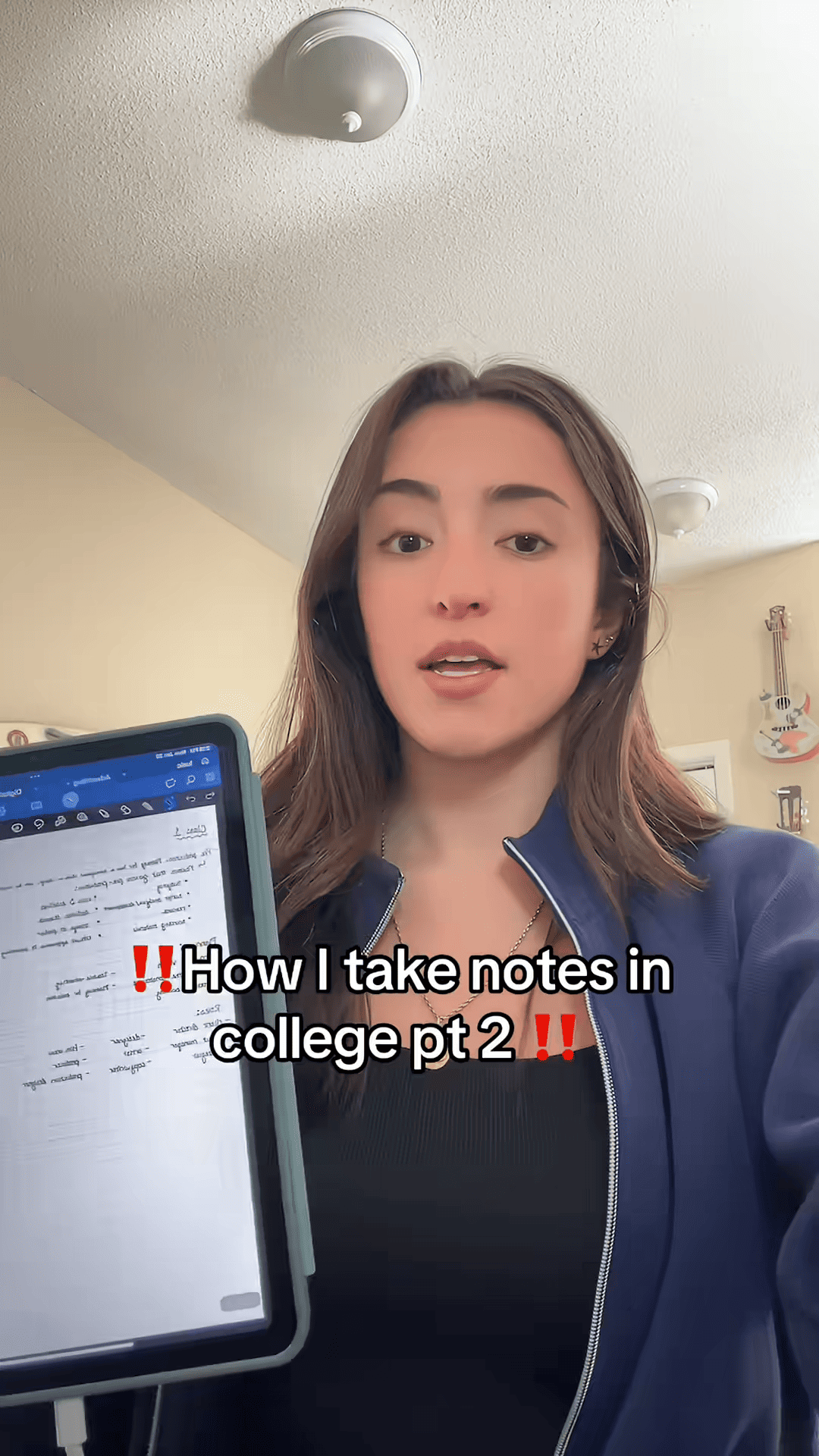


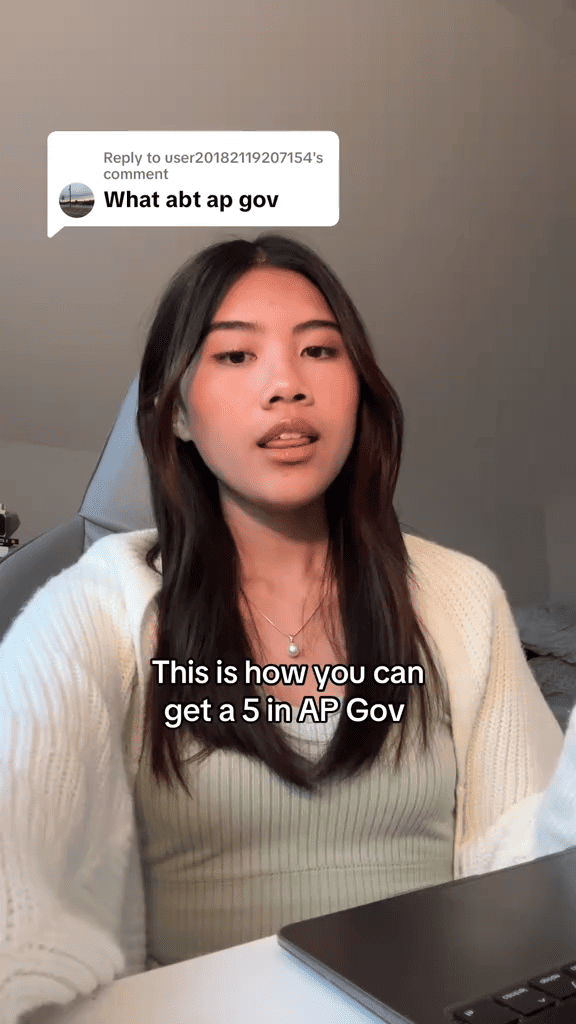

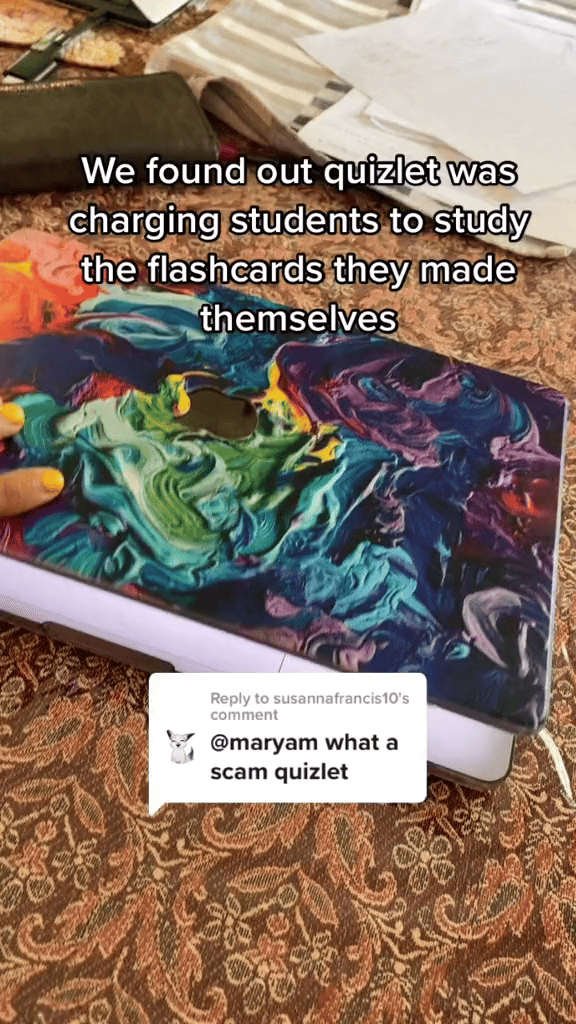
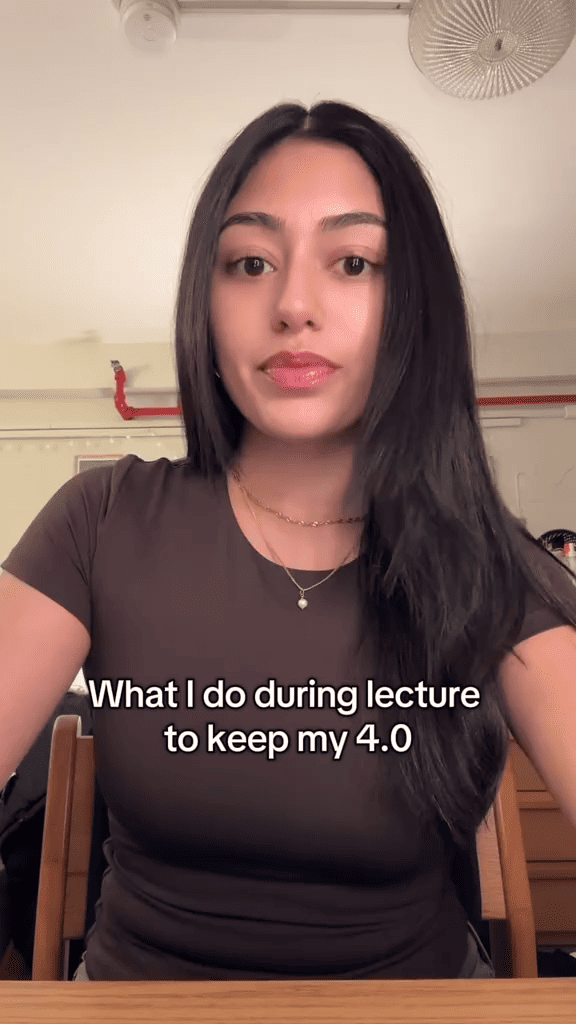





4.8 Stars
6,200+ Reviews

a lifesaver in studying
even if Quizlet had not ceased to be a free service, I have to say I would still choose Knowt over it. overall, it's a fantastic resource and perfect for students.
saved my BUTT
these guys seriously saved me. i'm not a good student by any means and this is the only reason i passed my classes
such a great & reliable resource!!
I switched over to knowt and i'm so glad to say i haven't regretted it one bit. i use knowt for each every one of my quizzes, tests, and exams!
Quizlet's cheaper, younger, hotter, cooler sister!!
I love Knowt, the free version is much better than Quizlet. It's a great app and I highly recommend it
get this app, it's amazing!
never in my life have I done a review for any app but I just love knowt so much. I've recommended it to all my friends and they all agree that it's a life saver.
Marry me Kai 💍
If Knowt has 100 fans, I'm one of them. If Knowt has 1 fan, it's me. If Knowt has no fans, I'm probably dead. I love this app/website sm.
Amazing app!
Has so many great pre-made resources like notes and flashcards and it's all free to use, unlike some other flashcard apps (I'm looking at you Quizlet). I'm so grateful to the developers of Knowt, thank you!
NEEDS to be in your school survival kit
i hope anyone reading this can join me and many other users in switching from quizlet or other competitors to knowt! thank you so much for everything, knowt! truly one of the best apps ever.
LITERAL SAVING GRACE
Knowt it the ONLY reason i got a 5 on the AP Human Geo exam without them i would have probably gotten a one.
a lifesaver in studying
even if Quizlet had not ceased to be a free service, I have to say I would still choose Knowt over it. overall, it's a fantastic resource and perfect for students.
saved my BUTT
these guys seriously saved me. i'm not a good student by any means and this is the only reason i passed my classes
such a great & reliable resource!!
I switched over to knowt and i'm so glad to say i haven't regretted it one bit. i use knowt for each every one of my quizzes, tests, and exams!
Quizlet's cheaper, younger, hotter, cooler sister!!
I love Knowt, the free version is much better than Quizlet. It's a great app and I highly recommend it
get this app, it's amazing!
never in my life have I done a review for any app but I just love knowt so much. I've recommended it to all my friends and they all agree that it's a life saver.
Marry me Kai 💍
If Knowt has 100 fans, I'm one of them. If Knowt has 1 fan, it's me. If Knowt has no fans, I'm probably dead. I love this app/website sm.
Amazing app!
Has so many great pre-made resources like notes and flashcards and it's all free to use, unlike some other flashcard apps (I'm looking at you Quizlet). I'm so grateful to the developers of Knowt, thank you!
NEEDS to be in your school survival kit
i hope anyone reading this can join me and many other users in switching from quizlet or other competitors to knowt! thank you so much for everything, knowt! truly one of the best apps ever.
LITERAL SAVING GRACE
Knowt it the ONLY reason i got a 5 on the AP Human Geo exam without them i would have probably gotten a one.
50% of all AP Students use Knowt
At least 700,000 of 1.3 million students used Knowt for the May 2025 AP season. What sign are you waiting for?

Still not convinced?
Start browsing our top notes & flashcards across a library of 5 million+ resources!
Explore top flashcards
Explore top notes
Get the app!
You won't regret it.
Frequently Asked Questions
We're on the hot seat.
Option 2: Find a flashcard set on Quizlet and bring it over to Knowt to take advantage of our free learn mode, free practice test mode and free games!
Option 3: Just add a term and definition to make your flashcards, plus add images to flashcards for free. You can also take advantage of our brand new AI Smart Flashcard maker to save time!
- Quizlet Learn Alternative – Once free, now requires Quizlet Plus. Knowt provides a free version of Quizlet Learn with AI-powered flashcards and spaced repetition.
- Unlimited Practice Tests – Quizlet limits test mode access, but Knowt allows students to take as many AI-generated practice tests as they want.
- Custom Study Guides – Quizlet makes you pay for AI-powered study guides, but Knowt’s AI study guide generator creates structured guides for any subject, free for all students.

